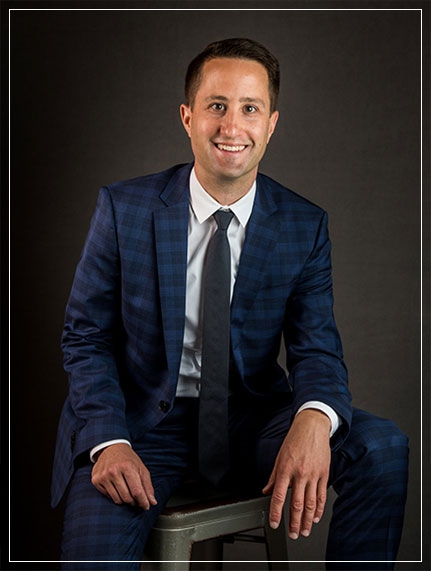One of the most common questions our clients ask us is how long it will take us to settle their auto collision claim with the negligent driver’s insurance  company. Unfortunately, there is no set time period for settling claims with insurance companies.
company. Unfortunately, there is no set time period for settling claims with insurance companies.
Some cases are resolved quickly, while others can drag on for months or longer if the insurance company refuses to treat the victim fairly. Here are some of the factors that can affect the timeline for settling a case and can make the process of settling your claim take longer.
Your Medical Recovery
It could take longer to settle your claim if you suffered serious injuries. It is always best to wait until you reach your maximum medical recovery before resolving your claim. This is the stage in your medical treatment where you have fully recovered or recovered as much as possible and receive a final prognosis from your doctor. If you suffered multiple or permanent injuries—which is common in car accident cases—it could take you a long time to reach this stage in your recovery.
Why is it so important to wait until you recover to settle your claim? You are entitled to both your past and future medical expenses, lost wages, and emotional distress from the negligent driver under Arizona law. You cannot determine what your future damages will be until you fully recover, or your doctor can tell you what medical treatments you will need and how your injuries will impact your ability to work and take care of your day-to-day needs.
Collection of Evidence
You must prove that the at-fault driver’s actions caused your car accident, the seriousness of your injuries, and the amount of compensation you should receive. An experienced personal injury lawyer can increase the odds of winning your case. It could take a lawyer time to thoroughly investigate the cause of your collision and collect the evidence you need, such as the police report, photos of the crash scene, and witness statements to prove that the other driver was at fault.
Seriousness of Your Injuries
If you suffered long-term injuries, the value of your claim will be higher. The insurance company will be much more likely to fight longer and harder to try to deny your claim or pay you less compensation than you deserve when you are entitled to a larger settlement.
Disputes With the Insurance Company
If the insurance company disputes their liability to pay you or the seriousness of your injuries, it could delay settling your claim. Your lawyer may need to collect additional evidence or hire expert witnesses to resolve the issues with the insurance adjuster.
Litigation
While some cases settle out of court, others do not. If the deadline to sue, referred to as the statute of limitations, will expire soon or the insurance adjuster refuses to be reasonable, you will need to litigate your claim. This could make the process of resolving your case take significantly longer. Steps in the process include:
- Complaint. The first step would be for your attorney to file a lawsuit in court. In your complaint, they would outline how your accident occurred, what injuries you suffered, and the amount of compensation you are seeking.
- Answer. After the negligent driver is served with your complaint, they would file an answer admitting or denying your allegations and raising any defenses they have.
- Discovery. The discovery phase of your case will take the longest to complete. The attorneys would use written questions, referred to as interrogations, requests for production of documents, and depositions to obtain additional evidence to support their cases and learn more about each other’s claims and defenses.
- Negotiations. Most car accident lawsuits settle at some point in the litigation process. Your lawyer will engage in settlement negotiations throughout the litigation process when they believe discussions would be productive.
- Trial. If your case is not settled, it will be scheduled for a jury trial. After you and the negligent driver present testimony and evidence, a jury would decide if you proved your case, and if so, what should be awarded to you.
|
Related Links: |
